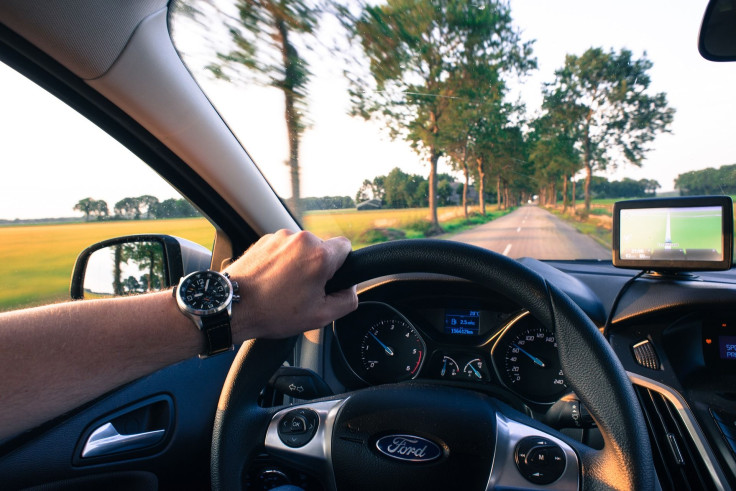Teenagers Drive Better Than Adults, Especially If They Play Sports: Study

Young and rash may be the words that come to mind when we think of a teenager behind the wheel of a car, but in reality that might not be the case. A new study conducted by the University of California (UCLA), Los Angeles, has found that teens make for better drivers than adults.
The research, which was published in the journal Plos One, attempted to understand the correlation between age, gender, organized athletics and video gaming on driving skills. The authors Nancy Wayne, UCLA associate vice chancellor for research and a professor of physiology at the David Geffen School of Medicine, and Gregory Miller, an instructor at Westwood Driving School, studied 100 novice drivers who had less than five hours of driving experience before their first driving lesson. The test subjects averaged 18 years in age and the group was divided equally by gender.
The students were made to drive on the streets of Los Angeles while driving school instructors ranked their skills on a scale of one to four.
Based on the results, the authors were able to conclude that in the case of male drivers, the younger the person the better his skills behind the wheel. Male teens scored 36 percent higher on the test than men in their 20s. The results were similar when it came to younger female drivers, but the differences were less significant.
Sports played a big role in improving driving skills of the participants. Both men and women who had a history of playing any type of organized sport were able to earn higher ranks on their driving test. While men who played sports earned a score averaging 2.66, those who did not engage in athletics had an average score of 1.94.
The numbers were similar for women who played sports (average of 2.43) and those who did not (average of 1.60).
Studies had previously also confirmed participating in organized sports improves spatial perception, which in turn helps with driving skills. Researchers came to the same result when they observed the effects of playing video games. A 2017 study published in Psychological Science found action gamers have better lane-keeping and visuomotor-control skills than non-action gamers.
However, the UCLA study was unable to duplicate these findings.
“We expected to find that playing video games would increase a driver’s skill, but an analysis of all 100 subjects showed no correlation between video game rating and driving skills,” the authors wrote, noting that they had not identified what type of video games the subjects were playing.
Prior to taking part in the driving class, the group was asked to rank their level of confidence. Female drivers were initially less confident in their skills than males. Those who claimed to be more confident ended up driving better than their less confident female peers.
The same was not true in the case of male drivers. Their self-confidence did not correlate with their skill level. When the results were compared based on gender, researchers found novice females and males had similar driving skill ratings, despite their differences in confidence level.
The confidence-competence conundrum for females has been observed in various fields, especially those of science, technology, engineering, and math, wherein they tend to underestimate their test scores relative to males. With the present study, the tendency was identified in driving as well. In this case, females were less confident in their driving abilities than males, but had equal driving skill ratings.
Keeping these results in mind, Wayne and Miller proposed the Department of Motor Vehicles in California and across other states should consider extending mandatory driver’s education to all new drivers and not only teens.
Currently, in order to obtain a United States driver’s license, a person under the age of 18 must pay for a formal driver’s education class with a minimum of six hours of driving instruction on the road.



























